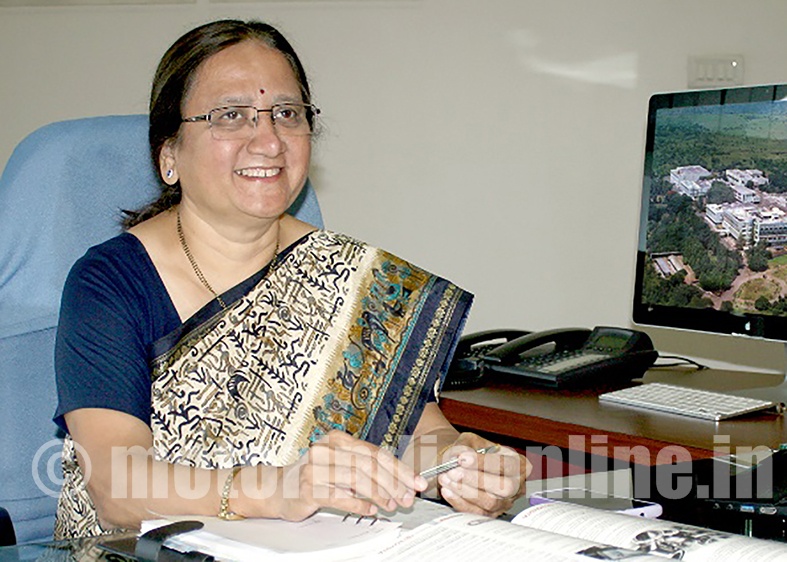The Automotive Research Association of India (ARAI), set up in 1966, offers technical expertise in the areas of vehicle evaluation, engine design and development, engine localization, transmission design and matching, among many others. It also plays a key role in setting standards and regulations for the automotive industry.
With the Indian automotive industry growing and evolving at a rapid pace, ARAI is all set to play an important role in terms of improving vehicle standards adopting new standards and enforcing safety and emission regulations. Particularly, the Government announcement of enforcing BS VI safety and emission standards in 2020 has the entire industry buzzing with activity.

Mrs. Rashmi Urdhwareshe, Director, ARAI, stated that the organization is gearing up to co-ordinate with the Government in enforcing BS VI standards in the country. “We are preparing to provide services for BS VI development, validation and type approval of vehicles ranging from two-wheelers to HCVs. We are upgrading our facilities and competencies and improving the skill sets of our human resources as well.”
ARAI will be focusing primarily on developing new engines, automotive electronics and vehicles, enhancing safety standards and optimizing components, sub-systems and vehicles for improved performance, durability and noise reduction.
She further said the recently inaugurated Homologation and Technology Center (ARAI – HTC) is equipped with state-of-the-art facilities to cater to the R&D needs of automotive and off-highway industries. The center offers a range of services including performance testing of vehicles, engines and sub-systems, crash testing of vehicles, and predicting structural failures. Comprehensive certification testing and development validation facilities for electric vehicles and hybrid electric vehicles for two-wheelers, three-wheelers, PC, LCV and HCV are being established at the center.
ARAI has also come up with a roadmap for achieving its targets for 2020. The key elements of the roadmap include light weighting of vehicles, comprehensive safety solutions and green technologies. “We have taken up power train development projects for hybrids/duel fuel and hydrogen. We will be delivering design solutions in active and passive safety, structural safety and comfort, advanced materials development, and noise, vibration & harshness (NVH),” she disclosed.
The Director also noted that ARAI will rely more on simulation tools rather than laboratory testing from now on. “Our focus will shift from conventional laboratory testing and validation programs to more aggressive use of simulation and predictive tools. We will also start working on autonomous vehicles, intelligent transport systems, and smart structures. ARAI’s key focus areas until 2020 are technology, capability and strategy.”
In terms of technology, the organization plans to focus on green technologies and integrated safety solutions. In terms of capabilities, it plans to focus on accelerated validation and development with the help of experimentation and simulation programs. It will continue to play the role of a partner for the industry and help automotive companies with their development programs.
Finally, in terms of strategy, ARAI intends to position itself as a one-stop technology provider for the domestic and overseas markets. Being a market leader in testing, validation, and homologation, the organization has emerged as a strong automotive R&D organization.
By M.K. Prabhakar